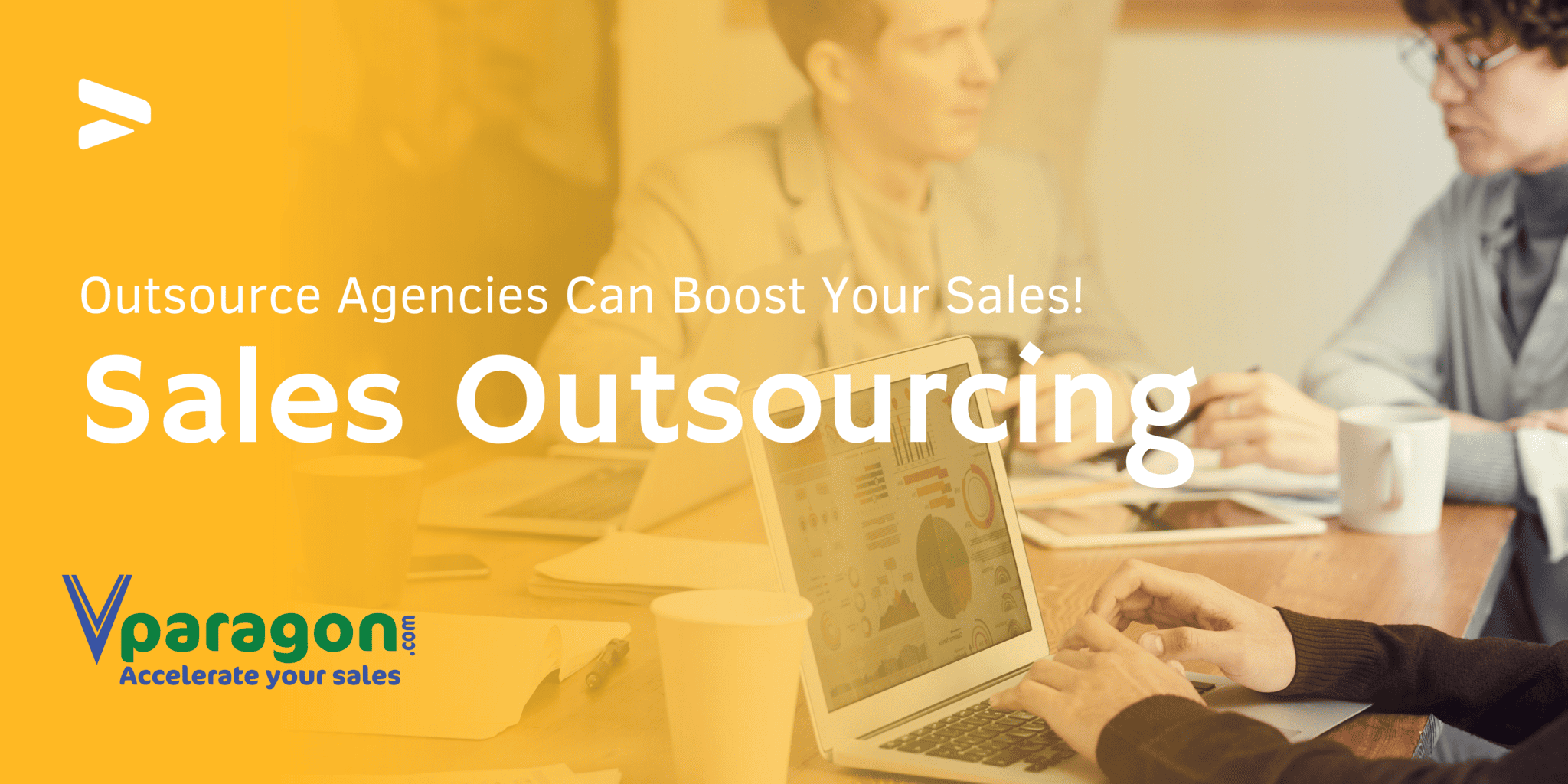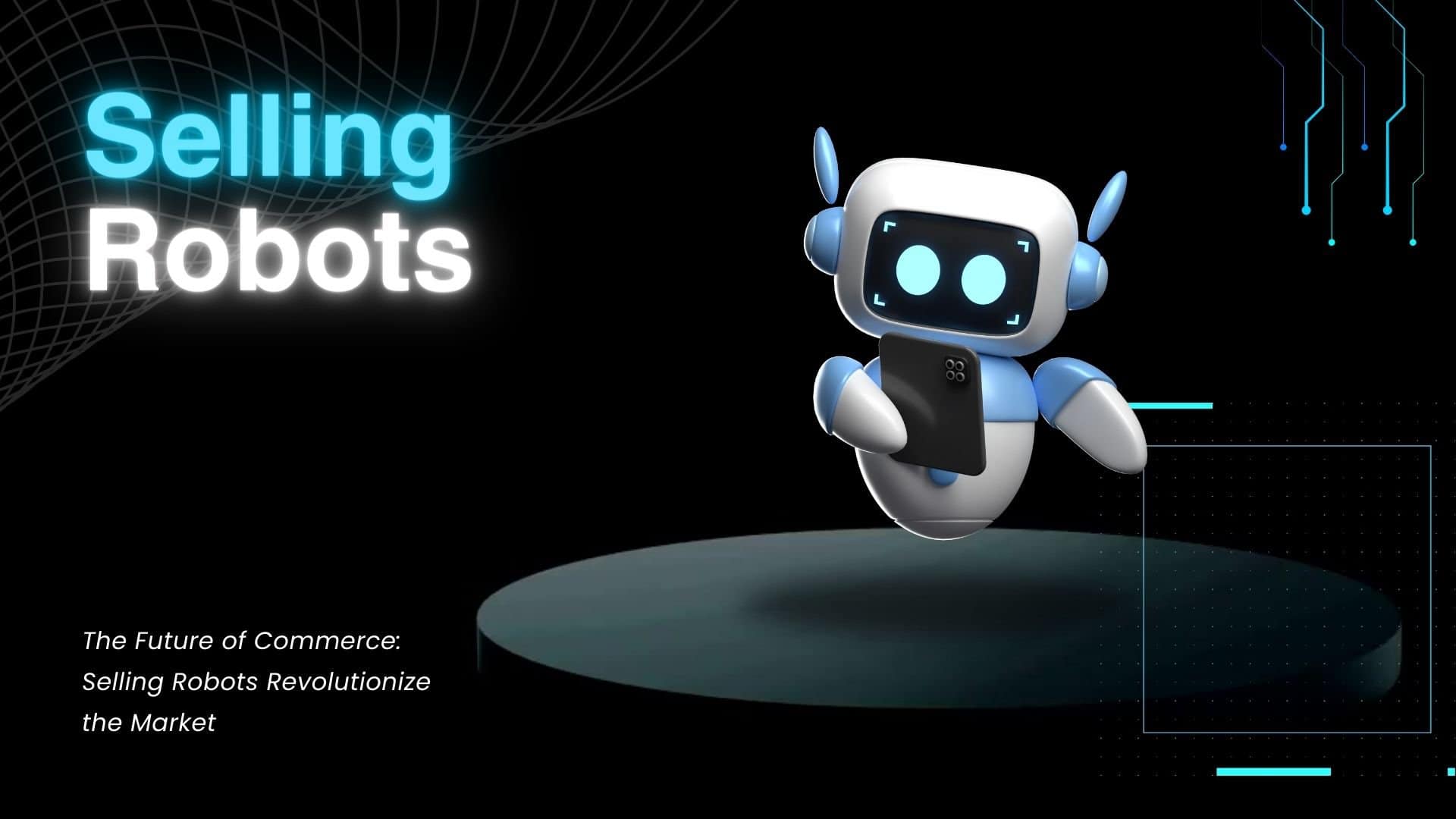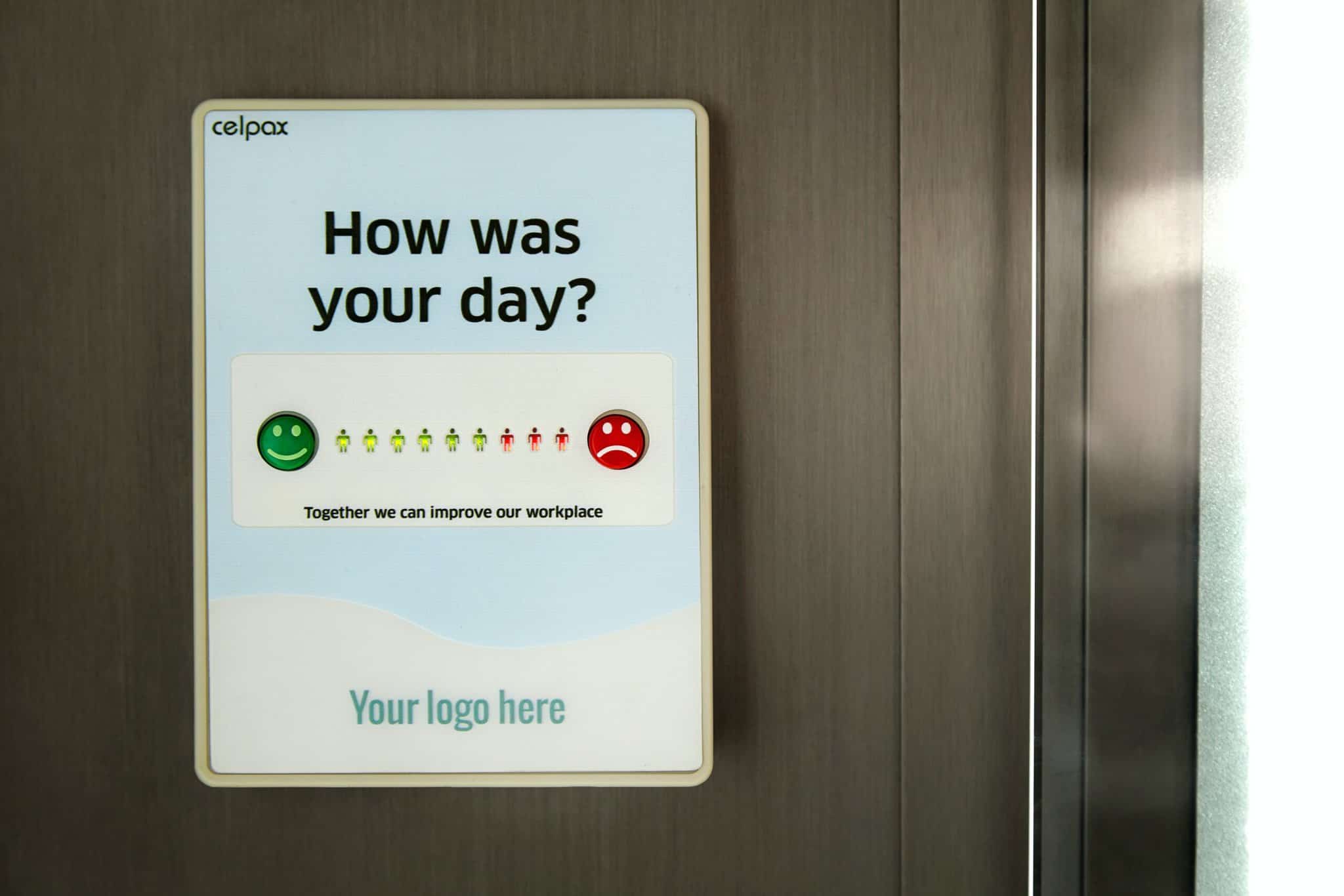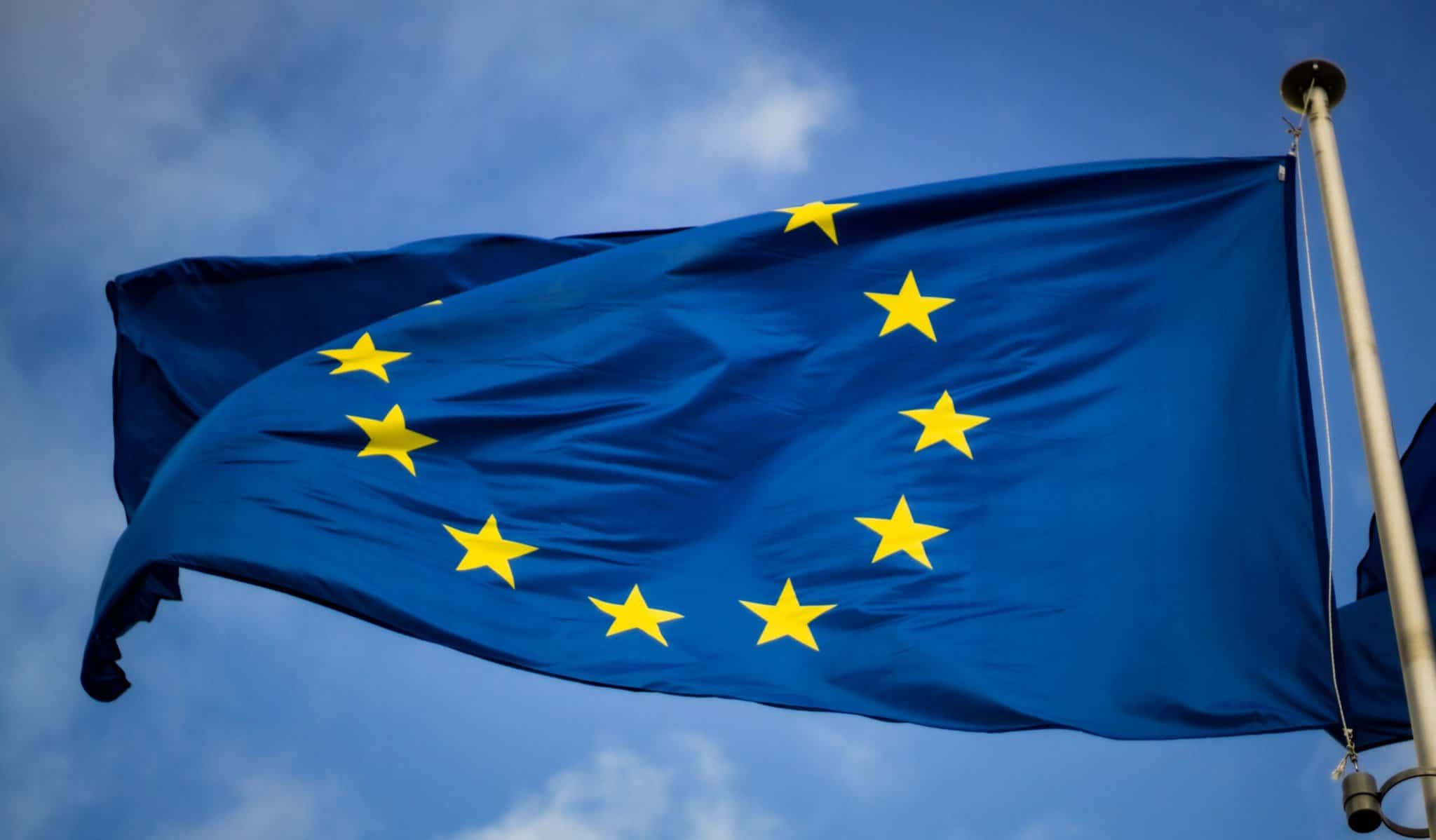Why competing on price is not very smart!
For me, there are 2 kind of business that compete on price:
- Those who can and
- Idiots
Let me explain.
If you are a big supply chain like Carefour, Makro, or Aldi, then you sell cheap and that is all right.
Why is that all right?
Because you have the power and the money to buy huge quantities and sell them even cheaper than the price you bought!
Hey Alex, how is that possible?
That is possible, my friend, because when you buy huge quantities of cheese, you pay after 180 days, and you sell this cheese in your supermarkets cheaper than you bought it for cash.
The winning difference is because of the banks interest, you gain in the bank by having your money there for 180 days.
Heeee, and how much is that money, is not worth It!!!!
Again, you are wrong. It is worth it because you buy the cheese not for the cheese, but to use it as a decoy… meaning you attract the customers in your shop because of the cheap cheese in order to sell them other products at a profitable price.
———————————————————————————————-
But, let’s move away from this example that applies only to a small category of businesses and let’s move on the real world of small business and freelancers.
SCENARIO 1 (THE IDEAL) (Competing on price)
- LOCATION, LOCATION, LOCATION
If your shop has a prime location and your clientele are passer-byers, then you can charge any price you like. The reason why is because those clients are one-time clients that buy the stuff you are selling out of need and convenience.
I used to own an Internet Café in a very touristy location in Greece some years ago. It was the most successful internet café on the island, for one reason and one reason only: it had a prime location and my clients were tourists.
Of course, we offered a good service and of course we were helpful, but 95{c274d49bb9d0eb56ca9f4ccc7d03482e3fd4b0ffce3feb11eb8eeffb6fc4f98f} of its success laid on the fact that I had a prime location.
This is what applies to all touristic shops around the world. The rule is that you buy a given quality for very expensive just because of the location and the urgency that your customers have.
- MONOPOLY
Your shop or freelance service has the monopoly in a specific area.
Let’s say you own the one and only pharmacy in your village or you are the only doctor in your little town, I guarantee you are going to have a steady clientele just because of this fact.
IF ONE OF THOSE 2 FACTORS APPLIES, BE RUTHLESS AND CHARGE RUTHLESSLY EXPENSIVE. PEOPLE ARE GOING TO BUY BECAUSE THEY DON’T HAVE ANOTHER OPTION.
Are you old enough to remember long distance charges for International calls back in the 70s or 80s? This is a typical example of how monopolies skyrocket prices. Compare those prices with today’s prices where mobile phone companies and state telephone companies compete in a free market with VoIP providers and you get the picture
SCENARIO 2 (Competing on price)
Your shop does not have a prime location, is selling what hundreds of other shops are selling, or your freelancing business is one out of thousands.
Even if that is the case, you know there are businesses and other freelancers in your area that sell more expensive items and are making more revenue and more profit than you.
How do they do that? Are they better? Not necessarily… but they are doing something different, right?
Let’s see.
- DEFINE THE INDUSTRY STANDARD AND DO BETTER!
EXAMPLE: ACCOUNTANT
A couple of months ago, I was searching to find an accountant here in Barcelona. My case is different than the case of most of the people here for some reasons.
- I am a foreigner with limited Spanish knowledge
- I sell online abroad, outside of Spain partly outside of the European Union
I contacted several accounting offices here and the majority offered me the standard services an accountant offers.
However, I chose the one I chose for several reasons and none of them had to do with a cheap price… it was actually the contrary.
When I called my accountant, he did several things that the other accountants did not.
- He talked to me personally and not his assistant
- He offered me to come and see him in his office and he also told me that he was going to charge me for this visit! (FREE IS NOT GOOD AND NOTHING GOOD IS FREE.)
- When I visited him, he answered all my questions (in English), he gave me additional Information that was very useful to me without asking. He explained to me the risks I had and proposed me solutions. He gave me a roadmap How we can start, which are the exact next steps, where he can help me.
HE EDUCATED ME. HE OFFERED ME A LEARNING EXPERIENCE. HE MADE ME RECOMMENDATIONS I WAS NOT AWARE OF. HE SPOKE ENGLISH. HE WAS AN EXPERT IN INTRA COMMUNITY TRANSACTIONS.
- LITTLE DETAILS MAKE THE BIG DIFFERENCE.
EXAMPLE GREEK RESTAURANT IN GERMANY
You think that the big difference is the core of the business you are offering?
Although the core of the business you are offering and its quality is the main subject of interest, but the little details are those that make the big difference.
There is no better example for me than this.
When Greek immigrants went to Germany as workers back in the 60s, many of them started their own restaurant business. It can be a long discussion about the reasons that they were so successful, however there is one thing that does not go unnoticed.
When you visit a Greek restaurant in Germany, the first think you get on the table is a shot of ouzo. This is seen as a sign of hospitality and a nice gesture of welcoming in the restaurant, however what it really is, is exactly this: a nice marketing trick making the whole Greek restaurant experience better and nicer using the practice of reciprocity to give the winning difference to his business. At this time, no other restaurants were giving anything for free, and while those Greeks offered an ouzo shot (with minimal cost) for free, they made the winning difference.
- DEFINE WHO YOU ARE AND WHO YOU WANT TO ATTRACT
EXAMPLE DENTIST
You cannot sell everything to everyone – no one can. Decide which customers you want to have and offer them a product or a service they want.
It is absolutely necessary to decide who you want to attract.
You cannot sell to all because the “sad” reality is that by selling to one group of people, you exclude the other one.
My dentist for example has upper medium-class patients… that is a conscious choice of him.
How did he achieve that?
- He defined what was “Industry Standard” and offered better. He offered better quality of dental machines and a better service.
- He had his praxis on a location where those people worked and partly lived.
- His praxis was next door to the American Embassy, making him have employees working on the embassy as his clients.
- He hired an American girl at the reception.
- He visited seminars abroad and offered products and services known to his clients but unknown to the locals, which made him more appreciated from both groups.
- He advertised on specific magazines and avoided others.
- He refused to treat customers that did not fit his clientele’s image…regardless of if they had the money to pay him or not.
- He charged premium prices.
- He had you always waiting – having a full waiting room gave the impression of high-demand.
4. GIVE YOUR BUSINESS A UNIQUE NAME
If you give a generic name to your business or job, expect generic prices.
Here are some examples:
Barber Shop – Hair Studio
Taverna – Restaurant
Salesman – Sales Consultant
Lawyer – Legal adviser
Electrician – Electrical Expert
BY USING A DIFFERENT NAME FOR YOUR SHOP OR YOUR SERVICES, YOU ARE INSTANTLY SELLING A DIFFERENT PRODUCT OR SERVICE, YOU ARE SELLING A DIFFERENT EXPIERIENCE TO YOUR CUSTOMER, THEREFORE YOU ARE ELLIGIBLE TO CHARGE MORE.
Vparagon is a sales outsourcing agency based in Barcelona – Spain, with decades-long experience in sales.








